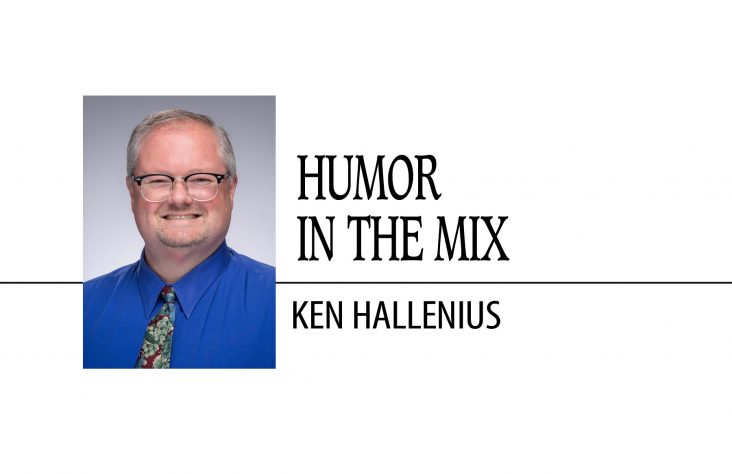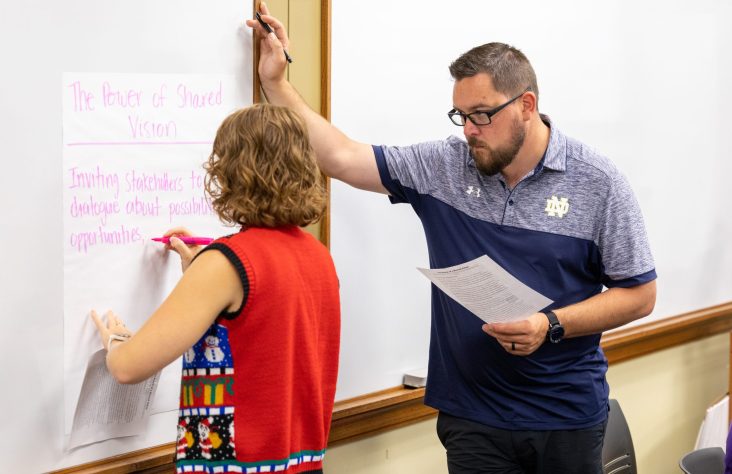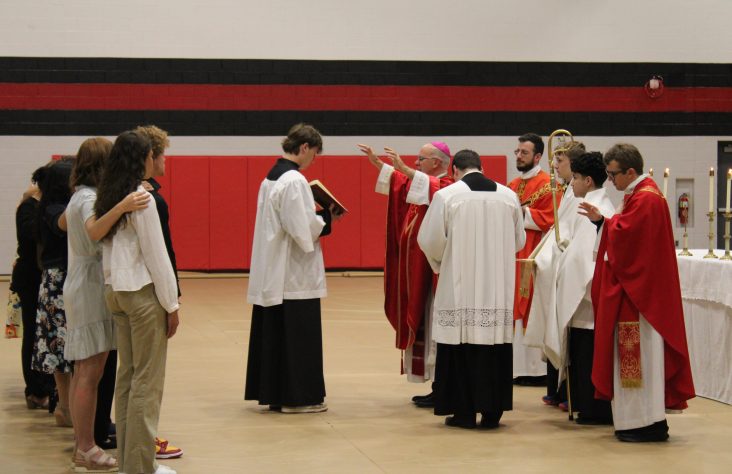November 7, 2018 // Perspective
‘I will give thanks to you, for I am fearfully, wonderfully made’
During a lecture at an Asian university on how businesses and the students’ future careers in this sector can bring about constructive social and environmental change, a question shot out of the blue.
“Dr. Woo, I have problem engaging on this macro question when I feel like I am unable to move beyond all the pressures I feel. You know we are dealing with the ‘quarter-life’ crisis. Can we talk about this? Can you help us?”
This question, totally unrelated to the topic, developed a life of its own and the discussion galloped forward.
Halfway around the world on the campuses of American universities, students seem to be seized by the same sentiment. Judging by the popularity of the course on happiness offered by professor Laurie Santos at Yale, where one-quarter of the student body chose to enroll and now has been joined by 138,000 online peers, the sense of void and urgency is pronounced and profound.
The course offers recommendations: to find contentment in the present rather than hunting for the next best thing, to have real flesh-and-blood friends rather than virtual versions and to focus less on our own misery by turning our energies to the aid of others.
All sound, tried and true classics but not sufficiently radical. Radical, derived from its Latin origin “radicalis,” means going back to the root. At the root, we are made in the image and likeness of God who loves us into life. And because of that, Psalm 139:14 reminds us that we are “fearfully, wonderfully made.”
How will the answers to the questions of who we are, our purpose, place of belonging, worth, struggles, and will we be loved and by whom, be different if we situate ourselves in God and define our identity in God?
For my part, this has helped me look at happiness, achievement and appearances differently, slowly developing a sense that does not line up with culture’s images of success and beauty.
In Portland Magazine, under its late editor Brian Doyle, every portrait presented was captivating. The people featured were young, old, fresh, weathered, poor, rich, farmer, professor, man, woman, artist, mechanic, ordinary, extraordinary, but they are all witnesses and protagonists in chapters of life, love, hopes, disappointments, fortunate breaks and poorly healed breakages.
Each face beholds a story I want to hear more of, each expression speaks of grace that held them in the past and, for those living, will accompany them into their future. Faces crusted with sweat and dust, smiles of victories that exceed the wildest imagination, eyes that speak gratitude or sorrow: Somehow you can see God in these faces.
I ponder the verse that we are “fearfully, wonderfully made” when I grieve over my brother, who has lost his leg to diabetes and experiences life 3 feet from the ground in a wheelchair, limited in the daily functions you and I take for granted. I hold this verse as I pray for my friend Robyn, who has early onset Alzheimer’s disease and does not know her friends anymore.
I do not know how to reconcile these physical breakdowns with the verse. Yet I know that our being “fearfully, wonderfully made” is not just a stage in our prime before time and loss make their claims on us. The verse characterizes our whole life, beyond our limited comprehension, relying on God’s design that we are still his masterpieces.
We are not just a project for self-improvement or a machine with limited shelf life eventually outliving our usefulness. We are God’s unfolding masterpieces on a journey from and to him as he accompanies us.
God cherishes us. We should cherish us.
Carolyn Woo is the distinguished president’s fellow for global development at Purdue University and served as the CEO and president of Catholic Relief Services from 2012 to 2016.
The best news. Delivered to your inbox.
Subscribe to our mailing list today.





